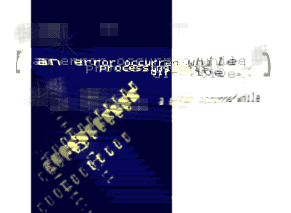| And so it is that when all the other sounds suddenly but smoothly fall away at the last line of the repetition of the song’s only verse and Yorke is left singing “There was nothing to fear, and nothing to doubt” accompanied only by the wine-dark piano and the drummer, we are to understand this much if nothing else: the singer is lying to us. Indeed there was something to fear. There must have been, or else why is the singer so afraid? Why is the music that surrounds him so sad, so nervous, so resigned to carrying its heavy, minor-key burden? A second vocal track helps Yorke to assert that there was really nothing to fear or doubt -- I mean to say, he harmonises with himself as he repeats the last line a few times, trying to convince himself or maybe us, or maybe just listening to the sound of his own voice saying something he knows isn’t true -- but the effect of the second voice is a continuation of the nursery-rhyme invoked by the little rowboat in which everyone all went up to heaven. There is no rowboat; that’s just a story. Death is what he’s talking about, his own and those of everyone he knows. That is his subject here. The rowboat is a life-preserver in the heavy depths of the song; it’s for the singer, not for us. But it’s not real, and we all know it. The rest is real enough to make a man want to lie about it. |
